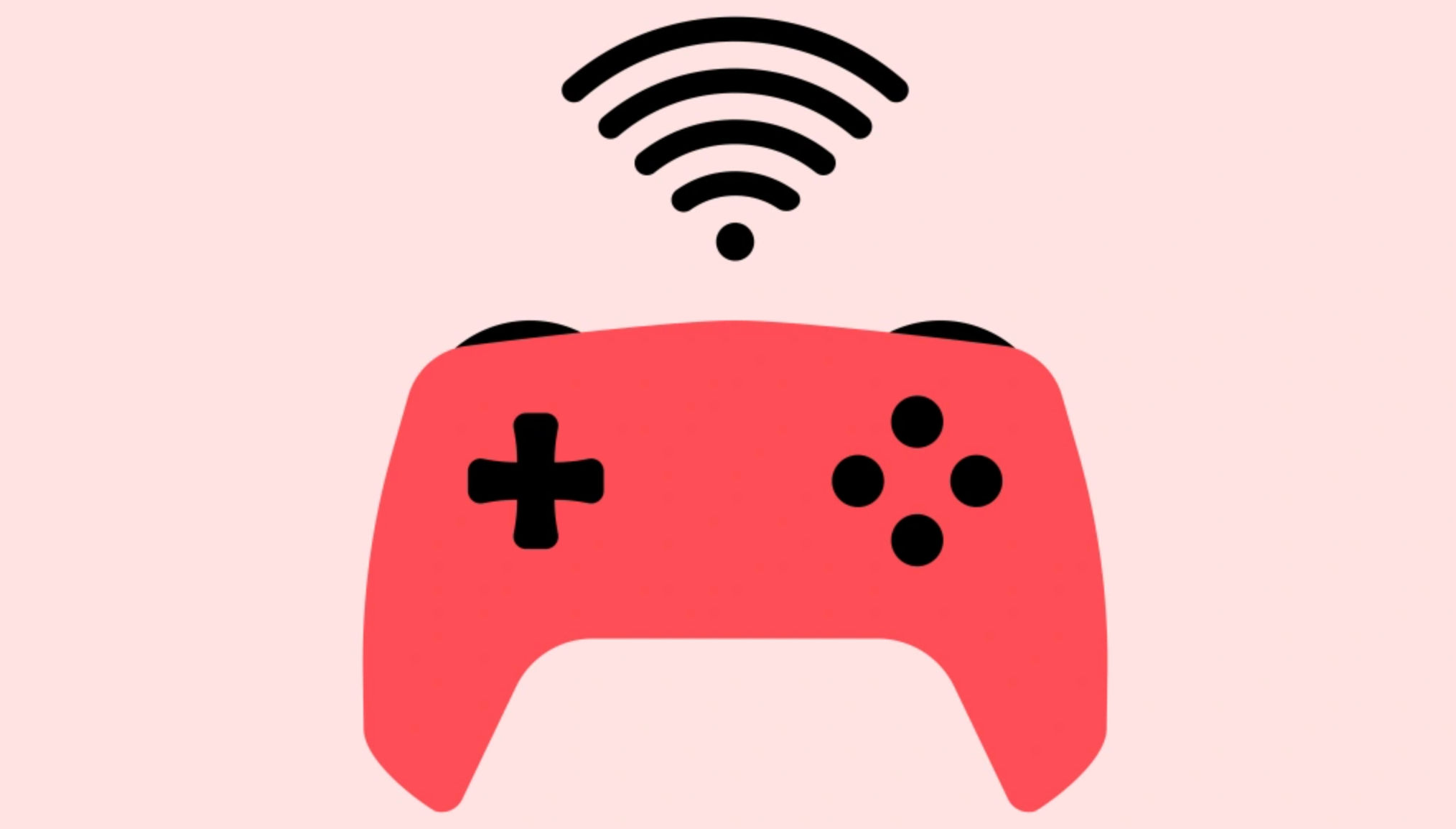A recent study has shed light on the gaming industry’s evolving demographics, revealing a significant increase in gamers identifying as LGBTQ+, even as representation within the industry struggles to keep pace. This discovery points to a notable shift in the community’s composition, underscoring the urgent need for greater inclusivity and diversity in gaming content and culture.
Key Highlights:
- The percentage of gamers identifying as LGBTQ+ is on the rise, now more than ever before.
- Despite the increase in LGBTQ+ gamers, representation within games and the industry at large remains insufficient.
- Calls for the gaming industry to address disparities in representation and inclusivity are growing louder.
The gaming community is more diverse than it has ever been, with a notable rise in LGBTQ+ players making their presence felt across various platforms. However, this demographic shift has not been matched by a proportional increase in representation, either in the characters and narratives within games or among the creators and industry professionals behind them. This discrepancy has sparked discussions about inclusivity and the importance of reflecting the community’s diversity in both game development and industry practices.
The State of LGBTQ+ Representation in Gaming
Despite the growing acknowledgment of LGBTQ+ gamers, the industry continues to grapple with challenges in representation. While some games have made strides in including LGBTQ+ characters and storylines, these instances are still the exception rather than the rule. The lack of diverse representation not only affects the visibility of LGBTQ+ individuals in gaming narratives but also impacts the overall gaming experience for this community.
The Impact of Increased LGBTQ+ Gamer Demographics
The rise in LGBTQ+ gamers has significant implications for the gaming industry. It highlights a shift in the audience’s composition, indicating a broader range of identities and experiences that gamers bring to the virtual world. This demographic change presents an opportunity for developers to create more inclusive and representative content, which can resonate with a wider audience and foster a more welcoming gaming environment.
The Role of Indie Developers in Championing LGBTQ+ Representation
Indie games have been at the forefront of LGBTQ+ representation, often pushing the boundaries of what mainstream games are willing to explore. The smaller scale and more personal nature of indie projects allow for a greater exploration of diverse identities and stories. These games play a crucial role in filling the representation gap and challenging larger studios to follow suit.
Calls for Action
The disparity between the number of LGBTQ+ gamers and their representation in games has led to calls for action within the industry. Advocates for diversity and inclusion are urging game developers and companies to take deliberate steps towards inclusivity, from the conceptualization and design of games to hiring practices and workplace culture. There is a growing consensus that improving representation can contribute to a more positive and enriching gaming experience for all players.
The increasing number of gamers identifying as LGBTQ+ signals a shift towards a more diverse and inclusive gaming community. However, the industry’s representation of this demographic lags behind, highlighting the need for a concerted effort to bridge the gap. By embracing inclusivity and striving for greater representation, the gaming industry can ensure that it reflects the diversity of its audience, enhancing the gaming experience for everyone involved.






























